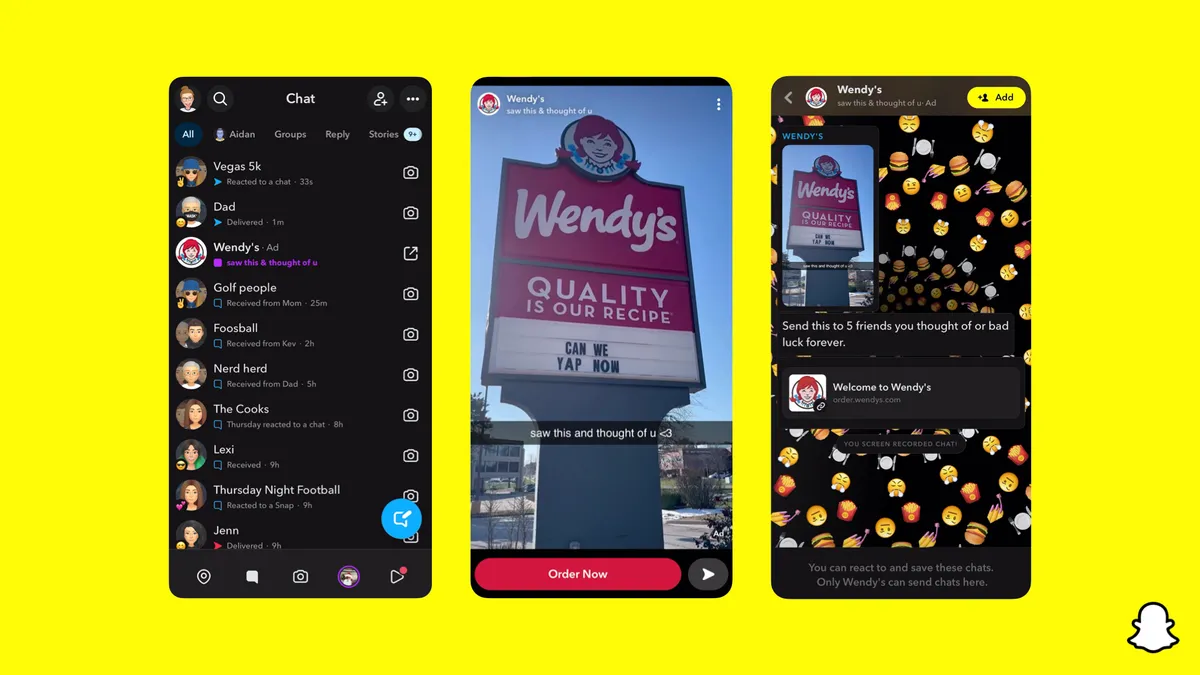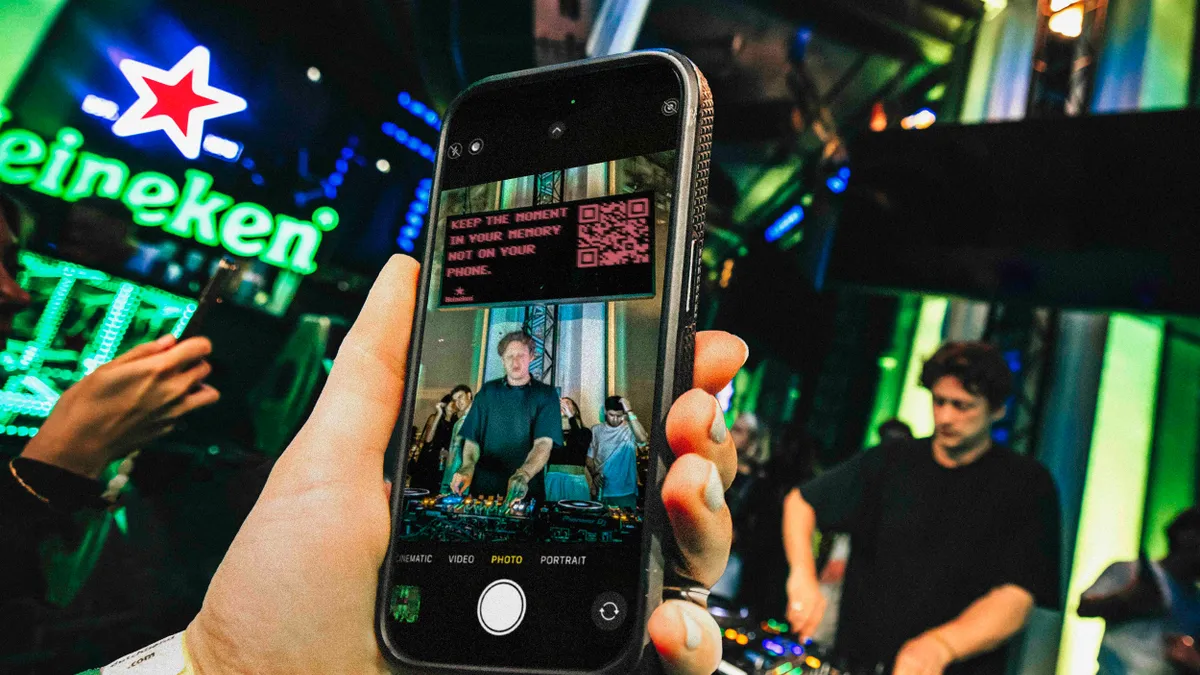The following is a guest post by Janice Caston, senior vice president for marketing at Toluna. Opinions are the author's own.
Before COVID-19 wreaked havoc across the globe, there were warning signs that the role of chief marketing officer may have been slowly creeping toward extinction. Several high-profile brands were moving away from the position, with names like Shopify, Uber and Gap all deciding to leave their CMO role unoccupied.
But as the pandemic drags on, it's a very different state of affairs. A spate of recent hires across a number of industries shows the once flailing CMO position is making a comeback — even amongst emerging industries such as bitcoin (Grayscale Investments' Deborah Bussiere) and live-stream shopping (Ntwrk's Jason Brown).
So how did the precarious job title of CMO go from being dangerously on the out to becoming an integral part of business development?
Marketing to today's consumer
Businesses have witnessed the drastic and unprecedented changes that living through a pandemic has had on consumer sentiment. In just 18 short months, everything we knew about consumers has changed; from the way consumers spend and save their money, to what kinds of products they want to buy, and how and where they prefer to shop. It's changed how people feel about their jobs, how secure they feel about their finances, how and where they consume media and social media, and what they do in their free time. Businesses are dealing with a very different consumer in 2021 than they were in 2019.
Brand loyalty has been particularly affected by the pandemic. Scarcity and financial concerns have resulted in shoppers brand switching and "trading down." And while brand loyalty itself still exists, the thing that drives brand loyalty has changed. In a world shaped by the pandemic, consumers are now more inclined to support brands whose values align with their own, and stop shopping with brands that don't. In order to remain competitive in a changed landscape, brands will increasingly need to stand for something — to participate in culture, society and politics; to show that they are environmentally friendly or support humanitarian issues — in order to attract consumers looking for brands who share their values.
It has become abundantly clear that organizations need to re-assess their marketing and communications activities in order to stay relevant, and CMOs are best placed to lead this change. A CMO who truly understands the need to connect with consumers and stay on top of ever-changing consumer trends can intelligently inform the strategic decision-making and planning for a business.
The CMO pivot
Businesses need CMOs more than ever before, but the role of the CMO itself has changed. It is now the business-critical link between multiple arms of a company and is integral to business development. Being a chief marketing officer is no longer simply about being great at marketing strategy: the CMO is now a direct influence on business growth and a critical driver of transformation.
In the current climate, brands are required to reshape themselves, strengthen their messages and adjust the way they communicate to consumers. That makes marketing — and the role of CMO — more critical than ever. The marketing function now has to deliver in a way it's never had to before. Marketing is no longer just about amplifying activity: The CMO is now responsible for helping guide the ship, quickly pivoting and adapting to the challenges of the post COVID-19 economy. The unrivaled demand for brands to define themselves and their values, combined with the shifting consumption of media and advertising, has ultimately resulted in the need to reconceptualize the role of the CMO.
On-demand insights
After one of the most unparalleled and unpredictable periods in recent history, the only constant for brands now is change. Insights are the new currency, and CMOs must stay across these ever changing consumer sentiments in order to adjust their strategic decision-making accordingly.
The CMO of today must be agile enough to capitalize on the strategies that will align their brand values and communicate these values with today's consumer, while also being prepared to change direction at any time. The world has changed and businesses must realize that they are working through what is essentially a live event, changing and adjusting on the go.
Marketing has always been a strategic pillar for business, but in our consumer-led, pandemic-shaped environment, businesses are now realizing that it is the CMO who can help pave the way for success. While it may have once seemed that the role of CMO was on the decline, this is certainly no longer the case. As we move through 2021 and beyond, as brands look to increase market share and strengthen customer loyalty, we are only going to see the demand for quality CMOs escalate even further.






















